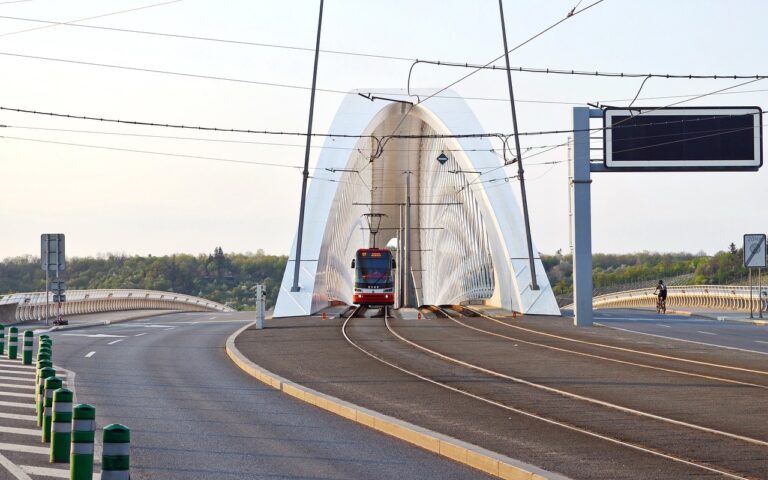The Role of Blockchain in Auto Transport Documentation: Bet book 250.com, 11xplay online, Yolo 247 login
bet book 250.com, 11xplay online, yolo 247 login: The Role of Blockchain in Auto Transport Documentation
In the fast-paced world of auto transport, paperwork and documentation play a crucial role in ensuring the smooth and efficient movement of vehicles from one location to another. However, the traditional methods of handling and verifying these documents can be time-consuming, prone to errors, and susceptible to fraud. This is where blockchain technology comes in to revolutionize the way we manage auto transport documentation.
What is Blockchain?
Blockchain is a decentralized, distributed ledger technology that securely records transactions across a network of computers. Each transaction is grouped into a block, which is then added to a chain of blocks, creating a secure and unalterable record of all transactions. This technology is best known for its role in enabling cryptocurrencies like Bitcoin, but its applications extend far beyond just financial transactions.
How Does Blockchain Work in Auto Transport Documentation?
In the context of auto transport, blockchain can be used to create a secure and transparent system for storing, verifying, and sharing important documents such as bills of lading, vehicle titles, insurance certificates, and inspection reports. By digitizing and storing these documents on a blockchain network, all stakeholders involved in the transport process including shippers, carriers, brokers, and customers can access and verify the authenticity of the documents in real-time.
Key Benefits of Using Blockchain in Auto Transport Documentation
1. Increased Efficiency: By digitizing and automating the documentation process, blockchain can reduce the time and resources required to handle paperwork manually, leading to faster and more efficient transport operations.
2. Enhanced Security: The decentralized nature of blockchain ensures that documents are secure, tamper-proof, and immune to hacking or fraud, providing a high level of trust and transparency for all parties.
3. Improved Transparency: With blockchain, all transactions and document updates are recorded on a shared ledger, enabling real-time tracking and monitoring of the transport process from start to finish.
4. Cost Savings: By streamlining the documentation process and reducing the risk of errors and disputes, blockchain can help lower administrative costs and eliminate unnecessary fees associated with manual document handling.
5. Simplified Compliance: Blockchain can facilitate compliance with regulatory requirements and industry standards by providing a verifiable record of all document exchanges and transactions.
6. Seamless Integration: Blockchain technology can be easily integrated with existing transport management systems and applications, allowing for a smooth transition to a digital documentation ecosystem.
Real-World Examples of Blockchain in Auto Transport
Several companies and organizations in the auto transport industry are already leveraging blockchain technology to streamline their documentation processes. For example, the Ports of Los Angeles and Long Beach, two of the busiest ports in the United States, have implemented a blockchain platform called TradeLens to digitize and standardize the flow of information between port operators, shipping lines, and trucking companies.
Another notable example is VINchain, a blockchain startup that offers a decentralized vehicle history platform to enable transparent and secure access to vehicle data for buyers, sellers, and service providers. By storing vehicle information on a blockchain network, VINchain aims to prevent odometer fraud, salvage title scams, and other forms of automotive fraud.
FAQs
Q: Is blockchain technology secure for storing sensitive auto transport documents?
A: Yes, blockchain technology offers a high level of security for storing sensitive documents, as each transaction is cryptographically secured and linked to the previous transaction in the block, making it virtually impossible to alter or hack.
Q: How can blockchain improve the efficiency of auto transport operations?
A: By digitizing and automating the documentation process, blockchain can reduce the time and resources required to handle paperwork manually, leading to faster and more efficient transport operations.
Q: Is blockchain technology expensive to implement in the auto transport industry?
A: While there may be some upfront costs associated with implementing blockchain technology, the long-term benefits of efficiency, security, and transparency far outweigh the initial investment for many companies in the auto transport industry.







